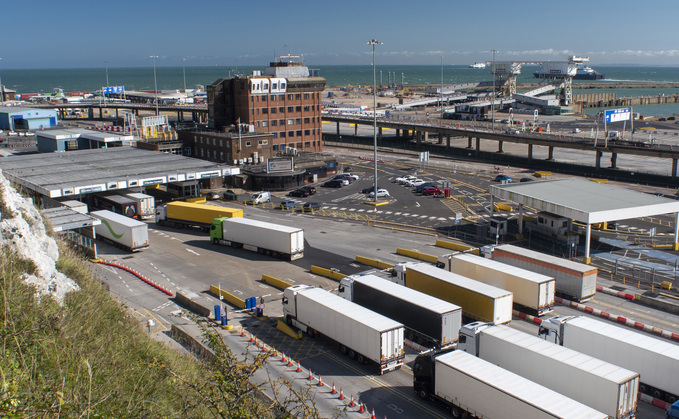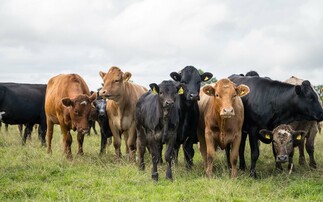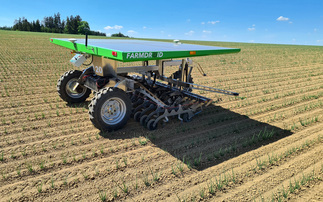
Port authorities at Dover have stated the port is not ready for the new BTOM which start on April 30
Defra has insisted post-Brexit health and safety checks will be implemented as planned on April 30, despite media reports they were to be scrapped to avoid ‘significant disruption' which may fuel food...




.png)







